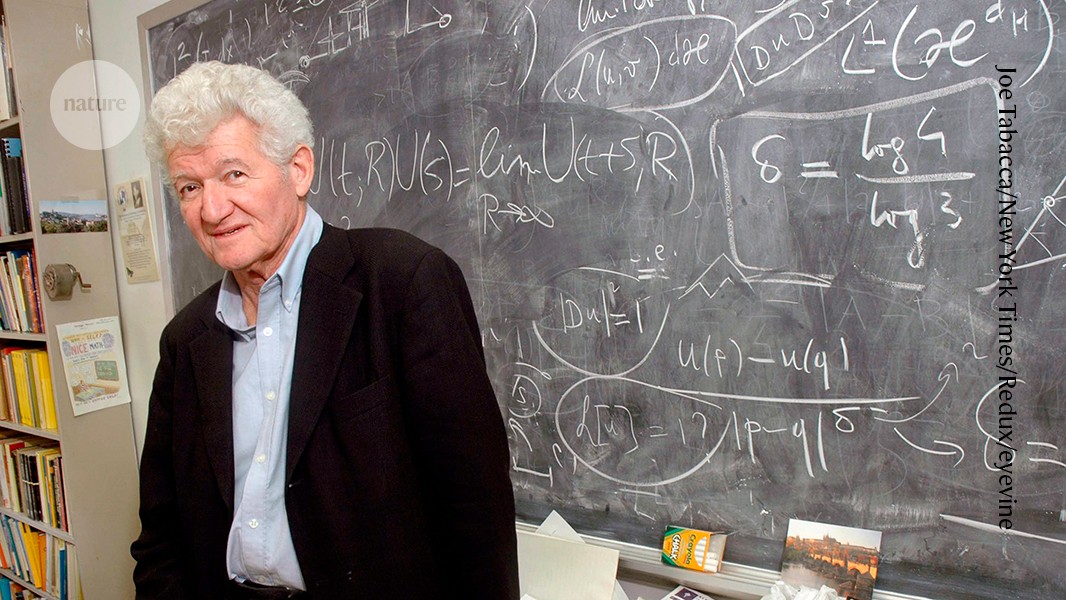
"Lax's contributions span across pure and applied mathematics, notably pioneering computer-based methods for tackling fundamental equations that describe various physical processes."
"The Abel Prize citation recognized him as 'the most versatile mathematician of his generation,' highlighting his ability to unify deep analytical concepts and practical applications."
"His early mathematical prowess was nurtured by Rózsa Péter, and despite early resistance, Lax's family fled to the U.S. during the rise of Nazi persecution."
"Peter Lax's wartime contributions to the Manhattan Project and subsequent academic successes laid the foundation for his influential career in mathematics."
Peter Lax, a US-Hungarian mathematician, was a pivotal figure in mathematics, known for integrating pure and applied disciplines and developing computer-based methods for solving fundamental equations in physics. Born in Budapest and later moving to the U.S., Lax showcased his mathematical talents early, achieving significant wartime contributions in the Manhattan Project. His extensive academic work included roles at prestigious institutions, culminating in the Abel Prize in 2005, which acknowledged him as one of the most versatile mathematicians of his generation, adept at finding unifying concepts across diverse mathematical fields.
Read at Nature
Unable to calculate read time
Collection
[
|
...
]